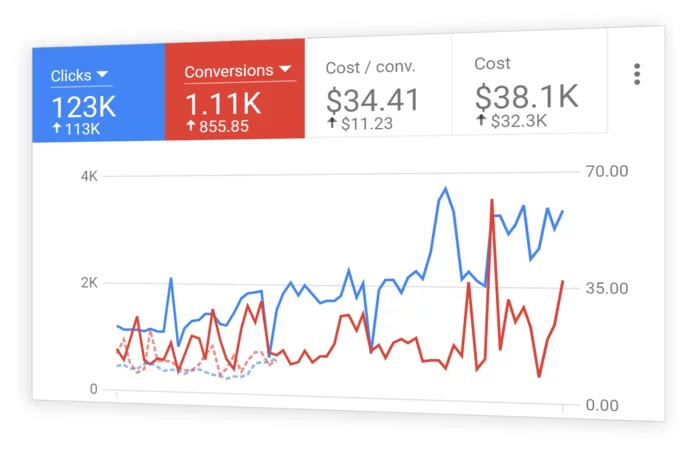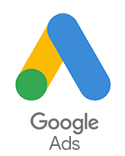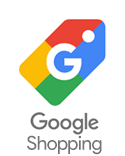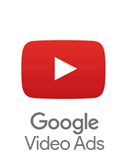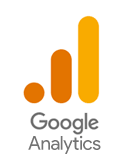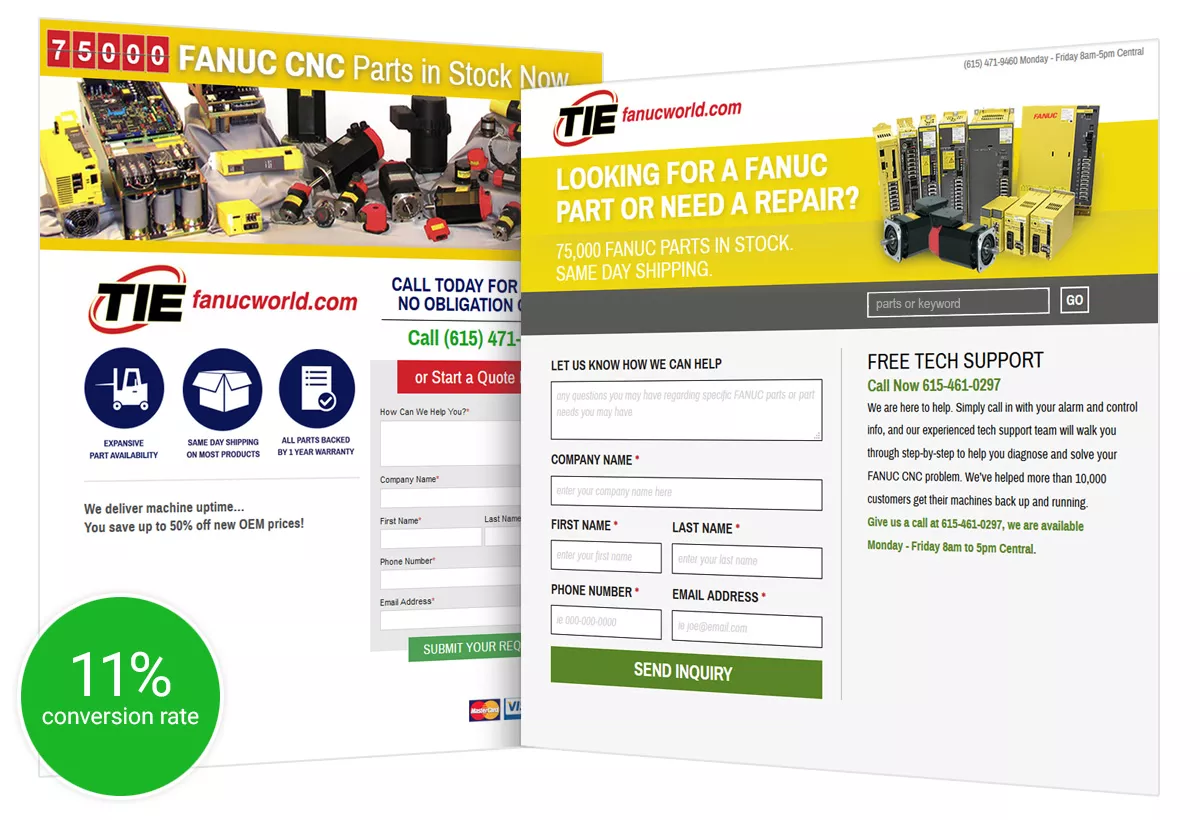How Does Pay-Per-Click (PPC) Advertising Work?
Paid search advertising, also known pay-per-click (PPC) advertising, can be a highly-effective, and profitable, way to grow your business and positively impact your bottom line.
If it’s done well, that is.
At KodingWeb, we tailor our approach to paid search for each client based on their needs and goals. No two accounts are the same, but the majority of our clients have one thing in common: PPC is driving a significant portion of their online revenue and conversion volume.
What is Pay Per Click (PPC) Advertising?
In short, pay-per-click advertising is exactly what it sounds like; an advertising tool that lets you decide exactly how much a click-through to your website is worth, giving you the option to pay for site traffic. The slightly longer version is that it is a tool provided by search engines (i.e. Google) and social networks (like Facebook) to let companies purchase ad space based on what people are searching for, or what activities they do, while online. In the search engine space, advertisers choose search terms (also called keywords) that are relevant to their business and enter into an auction each time people use those keywords. For example, when someone searches for “car insurance quotes” in Google, all of the ads they see are from companies who decided “car insurance quotes” is an important term. More often than not, the company willing to pay the most per click will show up at the top of the page, so having a high bid may be necessary if you want to ensure your ad will get visibility.
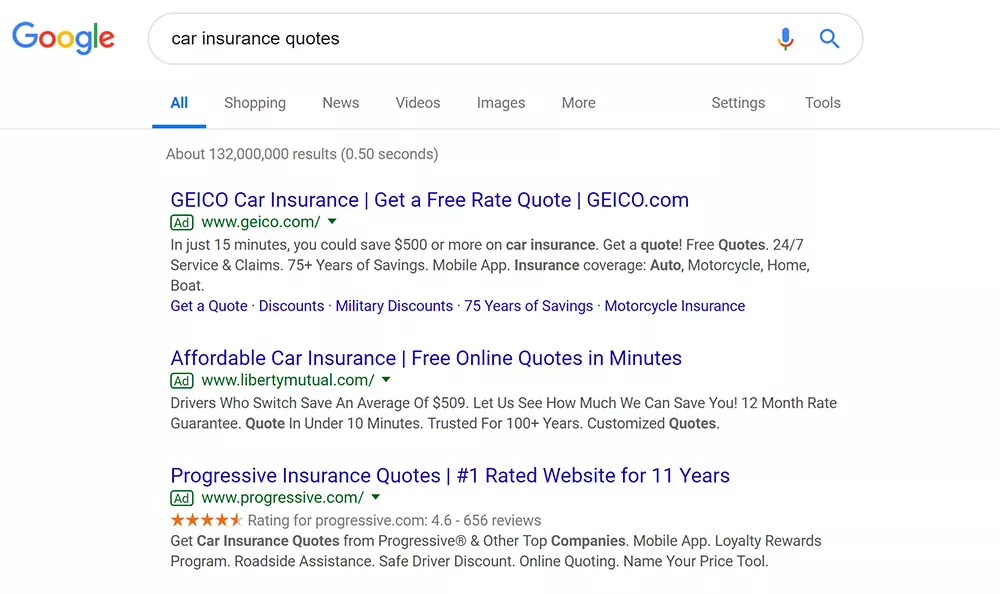
Sure, quality plays a huge role in determining who gets the top spot, who gets the second highest, and so on, but bidding competitively is an important element to making sure your ad gets seen by your target audience. If you bid too low, you run the risk of not getting shown on the 1st page of search results, or not earning as many impressions as possible.
Most Popular PPC Channels
It should come as no secret, but the most used search engine in the U.S. is Google. With the most active users and the most amount of daily searches, Google dominates the marketplace. Because of this, Google is where your business should focus its pay-per-click advertising budget. Bing is the other major search engine that you need to focus on, as many Bing users don’t typically search in Google, and thereby wouldn’t see any of your ads if you only included Google in your marketing mix.
Aside from the traditional text ads, which you can use in both Google and Bing, Google also has an expansive list of display advertising options to choose from. By using a mix of text, videos, and images, you can use Google’s display network to reach millions of users as they browse sites all across the internet. You can also leverage Google’s toolbox to reach people as they view videos in YouTube, and check emails in their Gmail inbox.
How to Use it for My Business
PPC can be used to send traffic to a particular page, increase phone calls on your site, drive in-store visits for people searching near your location, boost eCommerce sales, and so much more. Just like any other marketing decision, pay-per-click advertising should only be considered if it aligns with your goals. If you are trying to increase online sales, or generate leads, PPC is definitely something you should be doing. The first step is to identify what keywords are most important to your business. If you are an online store who is focused on selling shoes, you would want to bid on terms like “buy shoes online” or “tennis shoes sale.” Likewise, if you own a local HVAC company, and your site is largely focused on lead-generation, you would want to bid on terms such as “HVAC repair” or “heating and cooling company near me.” Choosing the right keywords is essential to making sure you are sending relevant traffic to your site, and spending your advertising dollars most effectively.
If you are more focused on creating brand awareness, then display, video, or social media advertising might be a better fit. Especially for new businesses, your potential customers can’t interact with your brand without you first capturing their attention and letting them know who you are and what problem you solve. Display, video, and social media advertising can be a great way to expand your brand’s reach while also driving new visitors to your website. While the text-based ads are great for people lower in the purchase funnel, the more branding-related tactics offer an affordable way to grow your web presence and increase your reach.
Over time, you will be able to see which channels are providing valuable ROI, which ones are wasting money, and make decisions based on that data. At KodingWeb, we are constantly evaluating our client’s accounts, and optimizing the marketing campaigns to increase ROI and maximizing conversions.
Determining Pay-Per-Click Budget & Profitability
One of the best parts of pay-per-click advertising is that your budget is completely within your control. You tell Google and Bing exactly what you are willing to spend per click, per campaign, per day, so you will never spend more than you decide to. Like I mentioned before, you might need to spend a bit more per click depending on the keyword and how much competition you have, but the decision to spend $5,000 per month or $5,000,000 per month is completely up to you. For most of our clients at KodingWeb, the idea of a budget is more of a fluid concept. The budget is somewhat limitless as long as we are helping them earn a positive return on their investment. If you think about it, it makes perfect sense. If I were to tell you that you could get $9 in return for every $1 you spend, it would be hard to argue that you should stop spending your money.
As long as your profit margins align, a positive ROI in pay-per-click advertising warrants increasing your spend. Likewise, if you are seeing a return lower than your goals, it might make sense to decrease your spend, pause inefficient keywords, or focus on lower CPC tactics like video or display.
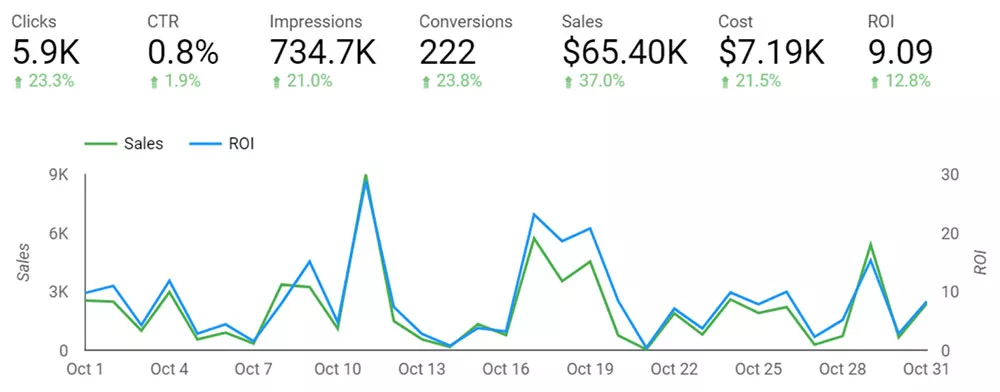
Why Use a PPC Agency
Using an agency can be somewhat intimidating, and we get that. Sharing your marketing goals, budgets, and business plans can make you feel vulnerable. It also adds another line item on your P & L sheet. But, using an agency can be very beneficial to both your short-term and long-term marketing goals and PPC management may not cost as much as you think. By working with an agency, you get:
- Industry knowledge and expertise gained through years of helping other companies accomplish goals similar to yours
- Access to various other departments at a moments notice (SEO, web-dev, creative, etc.)
- An extension of your in-house team, at a fraction of what it would cost to hire us full time
- Cost savings for a variety of vendors who offer discounted “agency pricing”
- Time savings. Instead of having to worry about marketing plans, targeting, positioning, and a ton of other buzzwords, we take that workload off of your shoulders.
Hopefully this guide was helpful in telling you what pay per click advertising it, how it works, and why it’s important to your business. However, we know there is about a million questions you might have after reading this. When you have questions, please reach out to us here at KodingWeb and let us help get your Google Ads, Bing Ads, and Facebook digital ads driving sustainable, long-term revenue for your company.




